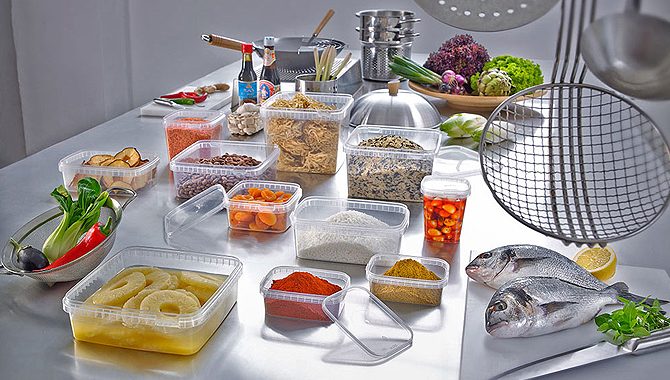
In an attempt to alter this behaviour, RPC Superfos has contributed to the development of a new multifunctional plastic storage box which ensures a more even distribution of the microwave heat. This development project has been run together with Imerco, a Danish chain of retailers of household and home decoration products, and the Danish Technological Institute. The new plastic storage box makes reheated leftovers tastier and thus helps to reduce food waste at household level.
Such an initiative provides another example of plastic packaging’s ability to prevent food waste - in itself recognised as a major environmental problem - and make an important contribution to the development of a circular economy.
Plastic packaging protects products which have taken a lot of time and resources to produce. Plastic is light weight, durable and flexible, properties that are extremely valuable when it comes to transporting food products while keeping them fresh and intact at the same time. In addition, products sold loose have been found to contribute to greater instore waste, in some cases leading to increases of 20%. Without convenient plastic packaging, damage and loss would occur to goods throughout the logistics and retail chain, causing a negative environmental impact.
“Food wastage in the food supply chain would increase dramatically if we gave up plastic packaging as we have not yet seen any better - and more sustainable - alternatives,” points out Janni Langkjær Pedersen, Sustainability Communication Manager at RPC Superfos.
“While excessive packaging must be avoided, we cannot ignore the fact that plastic packaging has outstanding features for keeping foods fresher for longer and protecting them from damage.”
More information on plastic’s contribution to reducing food waste and some of its other environmental benefits can be found in a series of information sheets available on the RPC Group website, www.rpc-group.com.



